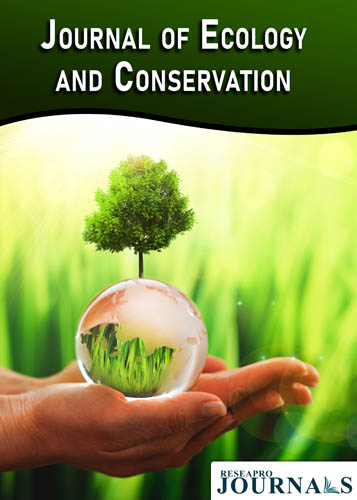
Journal of Ecology and Conservation
OPEN ACCESS
ISSN: 3048-5177

OPEN ACCESS
ISSN: 3048-5177

Department of Chemistry, Utkal University, Odisha, India
Water pollution remains a pressing global challenge, necessitating the development of efficient, sustainable purification technologies. Bio-photocatalysis has emerged as a promising solution by integrating biological entities, such as microorganisms and plant-based materials, with photocatalytic processes to degrade pollutants. This mini-review explores the fundamental principles of bio-photocatalysis, with a focus on microbial and plant-based systems in sustainable water treatment. Microbial bio-photocatalysts, including bacteria, algae, and fungi, enhance pollutant degradation through enzymatic activity and biofilm formation, while plant-based systems contribute bioactive compounds that facilitate photocatalysis. The review delves into the mechanisms of microbial- and plant-mediated photocatalysis, their synergistic interactions, and applications in industrial and environmental water purification. Recent advancements demonstrate the effectiveness of these hybrid systems in addressing contaminants such as pesticides, heavy metals, and pharmaceuticals. This review highlights the potential of bio-photocatalytic technologies for large-scale implementation, positioning them as viable alternatives to conventional chemical treatments. The integration of biological and photocatalytic processes presents a sustainable opportunity for environmental remediation, warranting further exploration and optimization.
Received 22 August 2024; Revised 05 September 2024; Accepted 10 September 2024
Department of Chemistry, Utkal University, Odisha, India